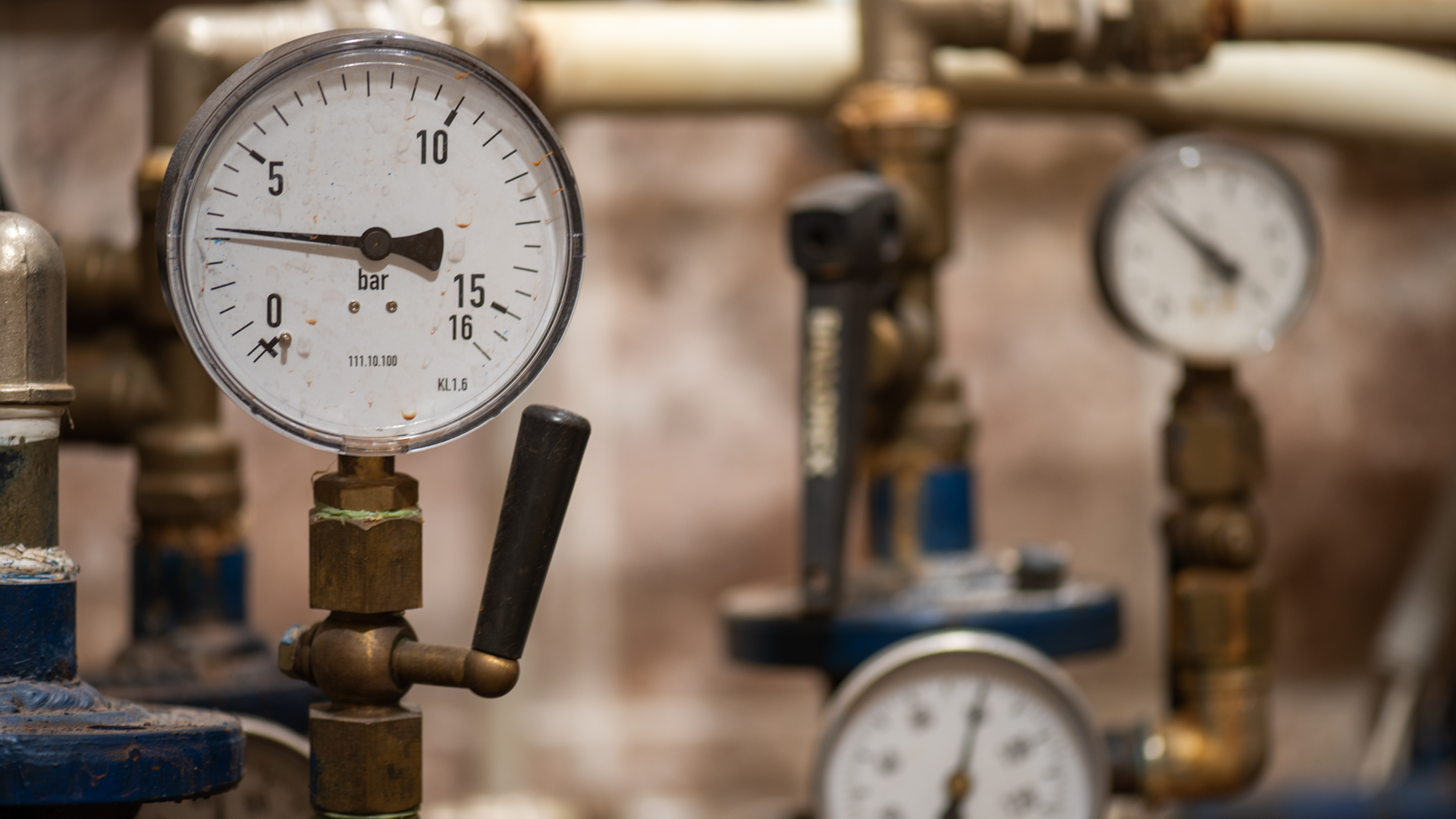Pressure gauges are essential instruments in various industries, helping to monitor and regulate pressure levels in different systems. Whether you’re in the food and beverage industry, pharmaceuticals production, or manufacturing, choosing the right pressure gauge is crucial for accurate measurements and optimal performance. In this guide, we’ll walk you through the process of selecting the perfect pressure gauge for your specific application.
Understanding Your Application:
Before diving into the specifics of pressure gauges, it’s essential to understand your application’s requirements. Consider factors such as the type of media being measured (liquid or gas), the operating pressure range, temperature, environmental conditions, and regulatory standards that may apply.
Types of Pressure Gauges:
- Dial Pressure Gauges: These are the most common type of pressure gauges, featuring a dial display with a pointer indicating the pressure reading. They are versatile and suitable for a wide range of applications.
- Digital Pressure Gauges: Digital pressure gauges provide accurate readings in digital format, often with additional features such as data logging and programmable alarms. They are ideal for applications where precise measurements are critical.
- Differential Pressure Gauges: These gauges measure the difference in pressure between two points in a system. They are commonly used in HVAC, filtration systems, and flow monitoring applications.
- Sanitary Pressure Gauges: Designed specifically for hygienic applications such as food and beverage, pharmaceuticals, and biotechnology, sanitary pressure gauges feature polished stainless steel construction and crevice-free design to meet strict cleanliness standards.
Factors to Consider:
- Pressure Range: Choose a pressure gauge with a range that encompasses the maximum and minimum pressures expected in your system. Selecting a gauge with a higher range than needed can lead to decreased accuracy at lower pressures.
- Accuracy: The accuracy of a pressure gauge is crucial for precise measurements. Consider the level of accuracy required for your application and choose a gauge with an appropriate accuracy rating.
- Connection Size and Type: Ensure that the pressure gauge’s connection size and type match the fittings on your system to ensure a proper seal and accurate readings.
- Material Compatibility: Select a pressure gauge constructed from materials compatible with the media being measured to prevent corrosion or contamination. Stainless steel is often the preferred choice for its durability and resistance to corrosion.
- Environmental Conditions: Consider the environmental conditions in which the pressure gauge will operate, including temperature extremes, vibration, and exposure to chemicals or moisture. Choose a gauge with features such as dampening mechanisms or protective enclosures to ensure reliable performance in harsh environments.
Popular Pressure Gauges:
-
- Reotemp® Stainless Steel Sanitary Tri-Clamp Gauge with 4″ Dial (SG40): The Reotemp® Series SG40 sanitary gauges are specially designed to exceed the demanding safety requirements of the food, dairy, beverage, pharmaceutical, and biotech applications. All Reotemp® SG series come standard with 3-A certification included.
- Reotemp® Stainless Steel Industrial Fillable Gauge with 2″ Dial (PM20C): The PM20C features a stainless steel case, tube, and socket, making the gauges resistant to corrosion from both environment and media. Liquid filling is recommended for severe service, this unit ships without liquid filling. Features a crimp ring design, that along with a variety of convenient panel mounting adapters, make this popular gauge the right choice for many applications.
- Reotemp® General Purpose Brass Gauge with 2.5″ Dial (PD25N): The Reotemp® Series PD25N2 brass gauges offer a wide variety of economical gauges for applications where ambient or process corrosion are not of concern. Series PD15/20/25 are suitable for non-vibrating applications. Non wetted parts: Case is black painted steel and ring is snap-in plastic. Wetted parts: capsule and socket are copper alloy. Accuracy: 3 – 2 – 3%, ASME Grade B.
Conclusion:
Selecting the right pressure gauge for your application is essential for maintaining efficiency, accuracy, and safety. By considering factors such as pressure range, accuracy, material compatibility, and environmental conditions, you can choose a pressure gauge that meets your specific requirements. Explore the range of pressure gauges available from SanitaryFittings.us to find the perfect solution for your application.
Sanitary Fittings is happy to offer a wide range of off the shelf pressure gauges but we also source custom gauges that will meet your exact specifications: Reach out to our sales team!

